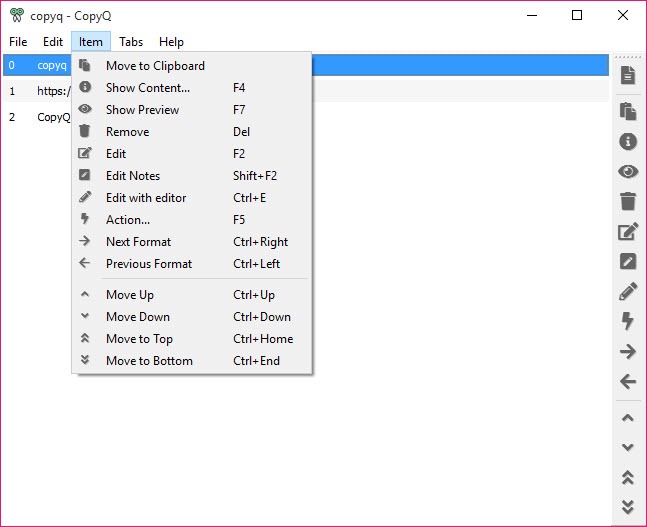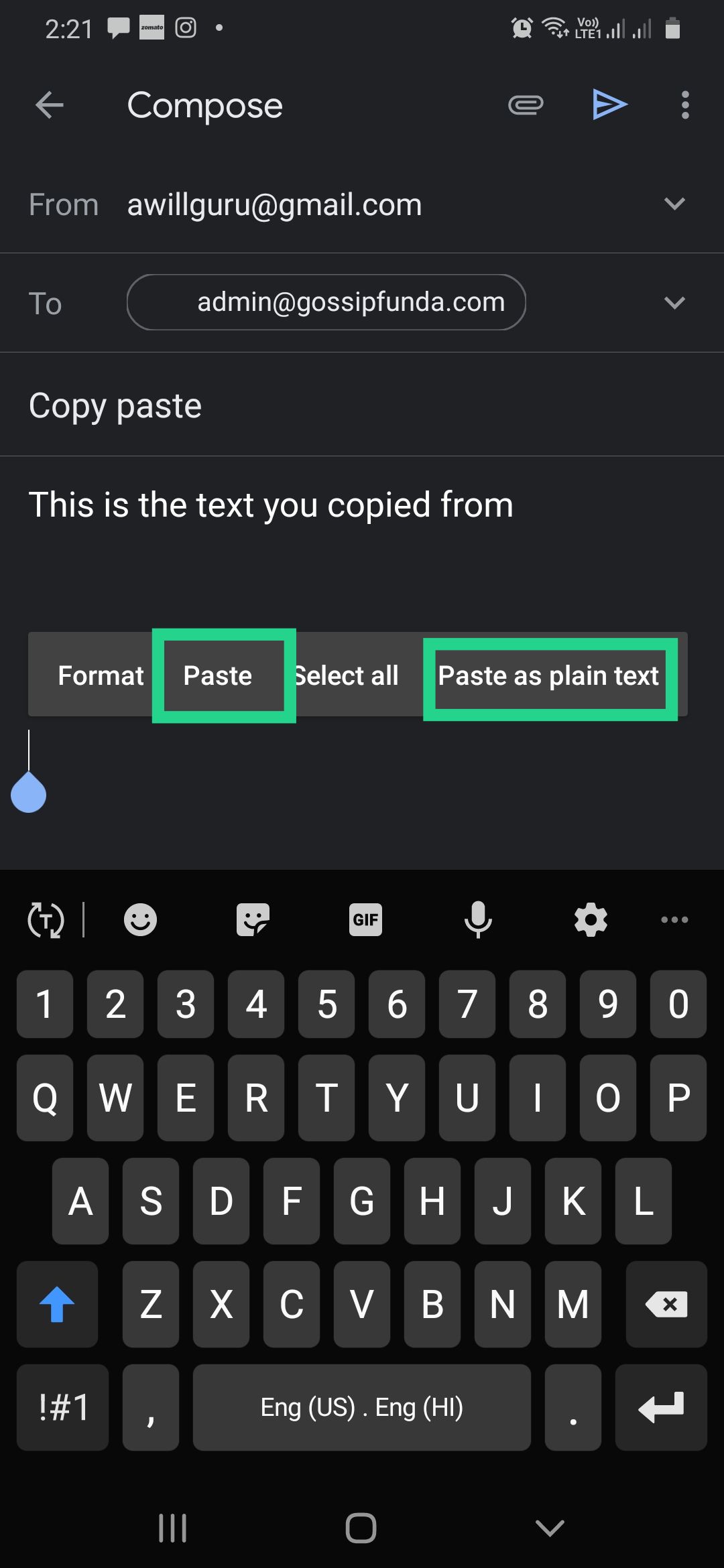

Private Clipboard FormatsĪn application can identify a private clipboard format by defining a value in the range CF_PRIVATEFIRST through CF_PRIVATELAST. In this way, two different applications can share data by using a registered clipboard format. Both calls to the RegisterClipboardFormat function return the same value. If more than one application registers a clipboard format with exactly the same name, the clipboard format is registered only once. To retrieve the name of the registered clipboard format, pass the unsigned integer value to the GetClipboardFormatName function. This function takes the name of the format and returns an unsigned integer value that represents the registered clipboard format. To register a new clipboard format, use the RegisterClipboardFormat function. The solution would be to register a new clipboard format, such as Rich Text Format (RTF). For example, if a word-processing application copied formatted text to the clipboard using a standard text format, the formatting information would be lost. A clipboard format that is defined by an application, is called a registered clipboard format. These applications can create their own clipboard formats. Many applications work with data that cannot be translated into a standard clipboard format without loss of information. These clipboard formats are described in Standard Clipboard Formats. The clipboard formats defined by the system are called standard clipboard formats. The following topics describe the clipboard formats. Users need not be aware of the clipboard formats used for an object on the clipboard. If ] thenĬlipboard=$(xclip -o -sel "clipboard" 2> /dev/null)Įcho "Clipboard empty or contains non-text data.Windows APIs support Both rich/HTML formatted and plain text clipboard.Ī window can place more than one object on the clipboard, each representing the same information in a different clipboard format. #!/usr/bin/env bashĬlipsum_new=$(xclip -o -selection "clipboard" 2> /dev/null | md5sum -)

The formatted version and the non-formatted version. If you are using a clipboard manager, this will create duplicate entries. So you could run a script that checks the clipboard for changes and sanitizes the contents automatically. xclip -o -selection "clipboard" | xclip -i -selection "clipboard" In most cases, the following command will convert the clipboard contents to plain text.

So you're left with trying to do it yourself.
#Copyq copy and paste plain text how to#
Some clipboard managers have the ability to run actions, but I could not figure out how to make them run automatically. I did not find any clipboard manager with the ability to convert to plain text, though I vaguely recall some having the ability in the past. For example, LibreOffice has the option to paste as plain text. If only a few programs are affected, you could rebind the paste command.


 0 kommentar(er)
0 kommentar(er)
